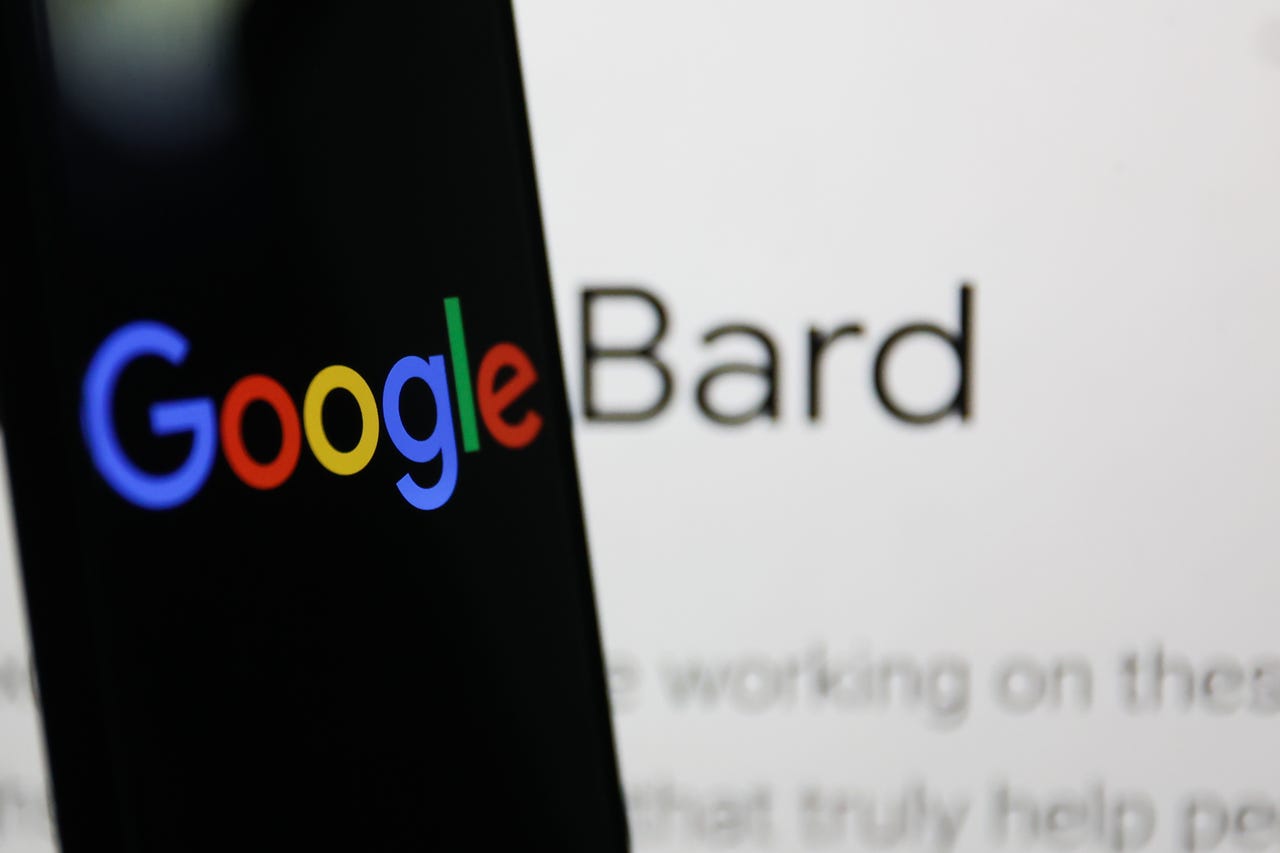
The scramble for the artificial intelligence cake is heated as Big Tech companies fight for a portion of this lucrative field. With the infiltration of A.I into the mainstream following last year’s release of ChatGPT, the dynamics of how me and you obtain and consume information could have taken one of the greatest turns in the past two decades.
At the helm of this shift is Microsoft’s close partnership with ChatGPT creator, OpenAI and most recently, their launch of new products poised to revolutionize the way we interact with information on the internet.
Since then, Microsoft’s nemesis, Goggle has unveiled its own version of ChatGPT, a chat-bot based interface called 'Bard' which among other things can summarize your internet search results.

Baidu, the Chinese–based search engine giant announced that it will be launching “Ernie Bot”, a search-based chat-bot, by March. Smaller tech startups such as You.com have also joined this wave, launching search engines with chat-bot options.
The ground is shaking underneath Google, which has been leading in search for two decades now. Does this mean the end of traditional Google search as we know it? Yes and No.
This article examines how these innovations are bound to change how we browse the internet - the good, the bad and the ugly.
Microsoft Leading The Cutting Edge Frontier
Microsoft recently announced a new version of its search engine Bing (which holds second place in the search market), powered by a new A.I technology called Prometheus which was developed by OpenAI that powers the world’s most popular chat-bot, ChatGPT. The new version of Bing lets users talk directly to the Bing chat-bot, asking it questions in a chat interface like ChatGPT.
:format(webp)/cdn.vox-cdn.com/uploads/chorus_asset/file/24416114/anniversary_chat_16x9_edit_web.png) An example interaction showing Bing offering help planning a travel itinerary. Image: Microsoft[/caption]
An example interaction showing Bing offering help planning a travel itinerary. Image: Microsoft[/caption]
Unlike ChatGPT however, this new product can;
also retrieve news about recent events, as recent as news posted in the last hour.
include links to sources for more information
In addition, the company launched a version of their Microsoft Edge browser enhanced by two AI features; “chat” and “compose.”
“Chat” allow users to summarize the webpage or document they’re looking at and ask questions about its contents, while “compose” acts as a writing assistant; helping to generate text, from emails to social media posts, based on a few starting prompts.
:format(webp)/cdn.vox-cdn.com/uploads/chorus_asset/file/24416137/edge_still_1_16x9_web__1_.jpeg) The new “chat” feature in Edge will let users ask an AI chatbot questions about the document they’re looking at.[/caption]
The new “chat” feature in Edge will let users ask an AI chatbot questions about the document they’re looking at.[/caption]
“The race starts today, and we’re going to move and move fast,” said Microsoft CEO Satya Nadella at an event announcing the products.
Google Caught Off-guard
AI has always played a crucial role in Google’s search technology from the early days, improving the company’s language understanding capabilities including the popular Google Lens. However, its capabilities have never been as interactive or immersive as chat-bot based technology.
With a new threat to the company’s leading revenue generator, Google has also unveiled its answer to ChatGPT, Bard, which it described as an “experimental conversational AI service”. The platform is already being tested by a smaller group of users and is expected to hit mainstream in the coming weeks.
The AI Powered Future Of Search
Limitations
Millions of people, including myself, are already aggressively using ChatGPT to find information and solve tasks on a daily basis. What’s unique about ChatGPT and what sets it miles ahead of conventional search is its exceptional ability to answer directly, the question asked by its user. Unlike Google search where you get a ton of links that may in turn require you to read through tens of webpages before finding exactly what you’re looking for, ChatGPT does all the work for you.
However even with this, the language model has its limitations, the biggest being that it’s not up to date. Ask ChatGPT who headlined the 2023 Super Bowl Halftime show and this is the answer it will give;
“I’m sorry, I cannot predict the future. As an AI language model, my knowledge cutoff is September 2021, and I do not have access to information that has not yet occurred”
Another limitation of AI chat-bots is that they are prone to error a couple of times. AI language systems like ChatGPT have a well-documented tendency to present false information as fact - from making up biographical details about real people to fabricating academic papers and offering dangerous medical advice.
Thirdly, AI systems, although trained not to give information which may cause harm or foster prejudices, are prone to ‘jail breaking’ or trickery. For example, users have reported asking ChatGPT the same question packaged differently, and receiving an answer, when previously, the question was denied by the model as being harmful.
Fixes?
Microsoft at the launch of their AI powered Bing raised some of these issues saying the company has taken active measures to prevent them.
“With this product, we have gone further than we ever have before to develop approaches to measurement to risk mitigation,” said Sarah Bird, responsible AI lead for Azure.
But even in the face of these measures, the company’s is still wary of mistakes that are bound to happen. The interface for the new Bing includes a warning to users: “Let’s learn together. Bing is powered by AI, so surprises and mistakes are possible. Make sure to check the facts, and share feedback so we can learn and improve!”
Is AI Powered Search Better Than Traditional Search?
Absolutely!
If most of the limitations of AI driven search are fixed (which they will), and the new technologies properly integrated in our search engines, there will be no going back to traditional search. This explains the gold rush going on in the field of AI with Big Tech companies like Microsoft and Google.
AI driven search promises;
More relevance and hence better search; an improved version of the familiar search experience, providing more relevant results for simple things like sports scores, stock prices and weather, along with a new sidebar that shows more comprehensive answers if you want them.
Summary and concision; your search engine reviews results from across the web to find and summarize the answer you’re looking for without scrolling through multiple results.
A new chat experience; For more complex searches – such as for planning a detailed trip itinerary or researching what TV to buy – AI driven search allows one to constantly refine their question until they find exactly what they are precisely looking for.
Creativity; There are moments when you require inspiration more than an answer. The AI driven search can produce content to be of assistance. You can use it to send emails, plan a 5-day dream vacation to Hawaii with links to travel and lodging, get ready for job interviews, or make a trivia night quiz. It also includes citations for all of its sources, allowing you to view links to the web content it uses.




